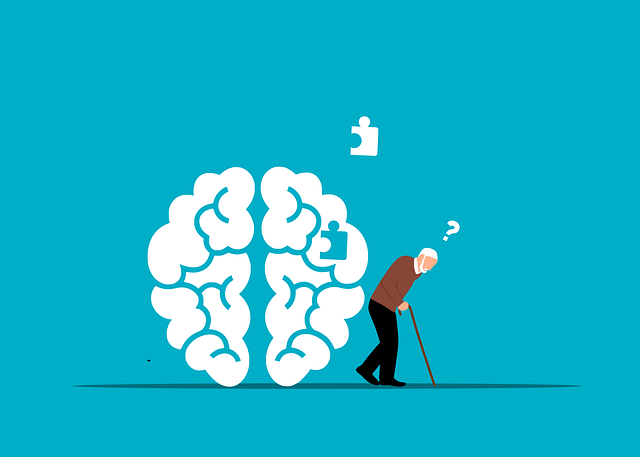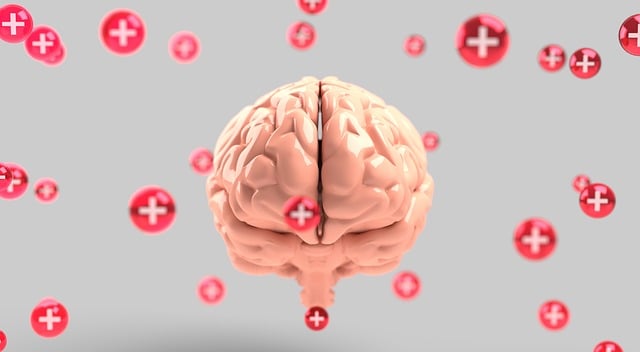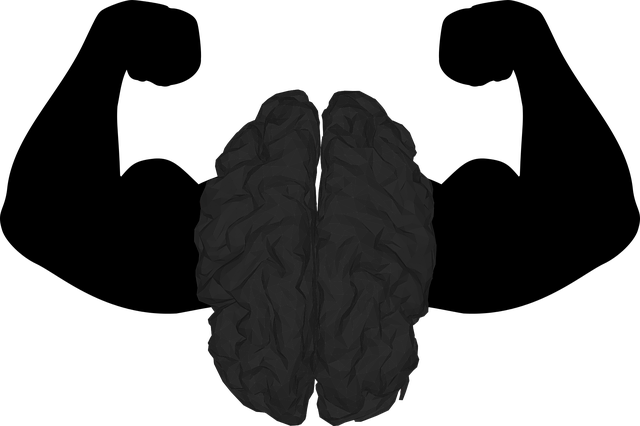Mental wellness journaling provides a safe, non-pressurized space for children to explore and express emotions, thoughts, and experiences related to therapy for children sexual dysfunction. By fostering emotional intelligence and self-awareness, journaling helps kids understand complex feelings and cultural influences contributing to issues. Through structured exercises guided by therapists with cultural sensitivity, journaling enhances communication, empowers self-care, and improves treatment outcomes for children navigating therapy for children sexual dysfunction.
Mental wellness journaling is a powerful tool for children, offering a creative outlet to explore emotions and thoughts. This article guides you through implementing this therapeutic practice, focusing on sexual dysfunction therapy as well. By creating a safe space and incorporating tailored exercises, professionals can assist young clients in understanding their feelings and promoting healthy development. We delve into strategies to make journaling engaging, addressing specific challenges related to children’s mental wellness and sexual health.
- Understanding Mental Wellness Journaling for Children
- Creating a Safe and Supportive Environment for Journaling
- Incorporating Effective Journaling Exercises for Sexual Dysfunction Therapy
Understanding Mental Wellness Journaling for Children

Mental wellness journaling can be a powerful tool for children to explore and express their emotions, thoughts, and experiences. It’s an alternative form of therapy that encourages self-awareness, emotional regulation, and coping strategies. By jotting down their feelings and reflections in a journal, children can gain valuable insights into their mental health, much like how therapy sessions help them understand their behaviors and emotions.
For kids facing challenges like sexual dysfunction or other mental health issues, journaling provides a safe space to communicate without pressure. It fosters empathy building strategies by allowing them to articulate their feelings, which can be crucial for depression prevention. Mental health education programs design can incorporate this practice to teach children about emotional intelligence and equip them with tools to navigate their mental wellness journeys.
Creating a Safe and Supportive Environment for Journaling

Creating a safe space is essential for any journaling practice, especially when addressing sensitive topics like children’s sexual dysfunction (CSD). This process begins with fostering an environment that promotes emotional intelligence and understanding. Professionals in mental healthcare should approach this exercise with cultural sensitivity, recognizing that every individual carries unique experiences and perspectives shaped by their background. By incorporating these insights into therapy, they can help clients feel heard and validated, encouraging open communication.
A supportive atmosphere encourages individuals to explore their thoughts and feelings without fear of judgment. Incorporating stress reduction methods alongside cultural awareness in mental healthcare practice can significantly enhance the therapeutic process. This approach allows for a deeper connection between the journal entries and the support system, making journaling an effective tool for managing and understanding complex emotions related to CSD.
Incorporating Effective Journaling Exercises for Sexual Dysfunction Therapy

Incorporating effective journaling exercises into therapy for children with sexual dysfunction can significantly enhance treatment outcomes. Journaling allows young clients to explore their emotions, thoughts, and experiences in a safe and structured manner. By engaging in self-awareness exercises through journaling, therapists can help children develop a deeper understanding of their feelings related to sexual topics. This practice fosters open communication about sensitive matters, which is crucial for addressing underlying issues contributing to sexual dysfunction.
In addition, cultural sensitivity in mental healthcare practice is essential when facilitating these journaling activities. Therapists should be mindful of diverse cultural beliefs and values surrounding sexuality, tailoring exercises accordingly. Encouraging children to express themselves honestly while respecting their cultural backgrounds fosters a supportive environment. Integrating self-care practices alongside journaling can also empower young individuals to take an active role in their healing journey, promoting overall mental wellness.
Mental wellness journaling can be a powerful tool in therapy for children with sexual dysfunction, creating a safe space for expression and healing. By understanding and implementing effective exercises within a supportive environment, therapists can enhance the therapeutic process and foster positive mental health outcomes. This approach not only addresses specific issues like sexual dysfunction but also promotes overall well-being, equipping children with valuable coping mechanisms for life.














